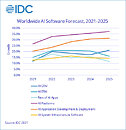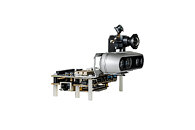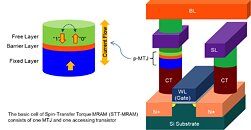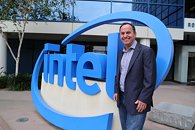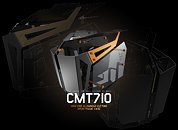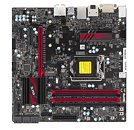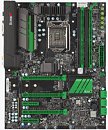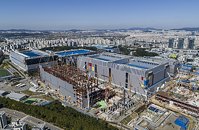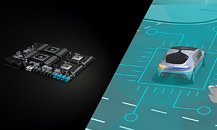
IBM Unveils On-Chip Accelerated Artificial Intelligence Processor
At the annual Hot Chips conference, IBM (NYSE: IBM) today unveiled details of the upcoming new IBM Telum Processor, designed to bring deep learning inference to enterprise workloads to help address fraud in real-time. Telum is IBM's first processor that contains on-chip acceleration for AI inferencing while a transaction is taking place. Three years in development, the breakthrough of this new on-chip hardware acceleration is designed to help customers achieve business insights at scale across banking, finance, trading, insurance applications and customer interactions. A Telum-based system is planned for the first half of 2022.
Today, businesses typically apply detection techniques to catch fraud after it occurs, a process that can be time consuming and compute-intensive due to the limitations of today's technology, particularly when fraud analysis and detection is conducted far away from mission critical transactions and data. Due to latency requirements, complex fraud detection often cannot be completed in real-time - meaning a bad actor could have already successfully purchased goods with a stolen credit card before the retailer is aware fraud has taken place.
Today, businesses typically apply detection techniques to catch fraud after it occurs, a process that can be time consuming and compute-intensive due to the limitations of today's technology, particularly when fraud analysis and detection is conducted far away from mission critical transactions and data. Due to latency requirements, complex fraud detection often cannot be completed in real-time - meaning a bad actor could have already successfully purchased goods with a stolen credit card before the retailer is aware fraud has taken place.



